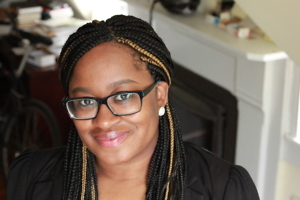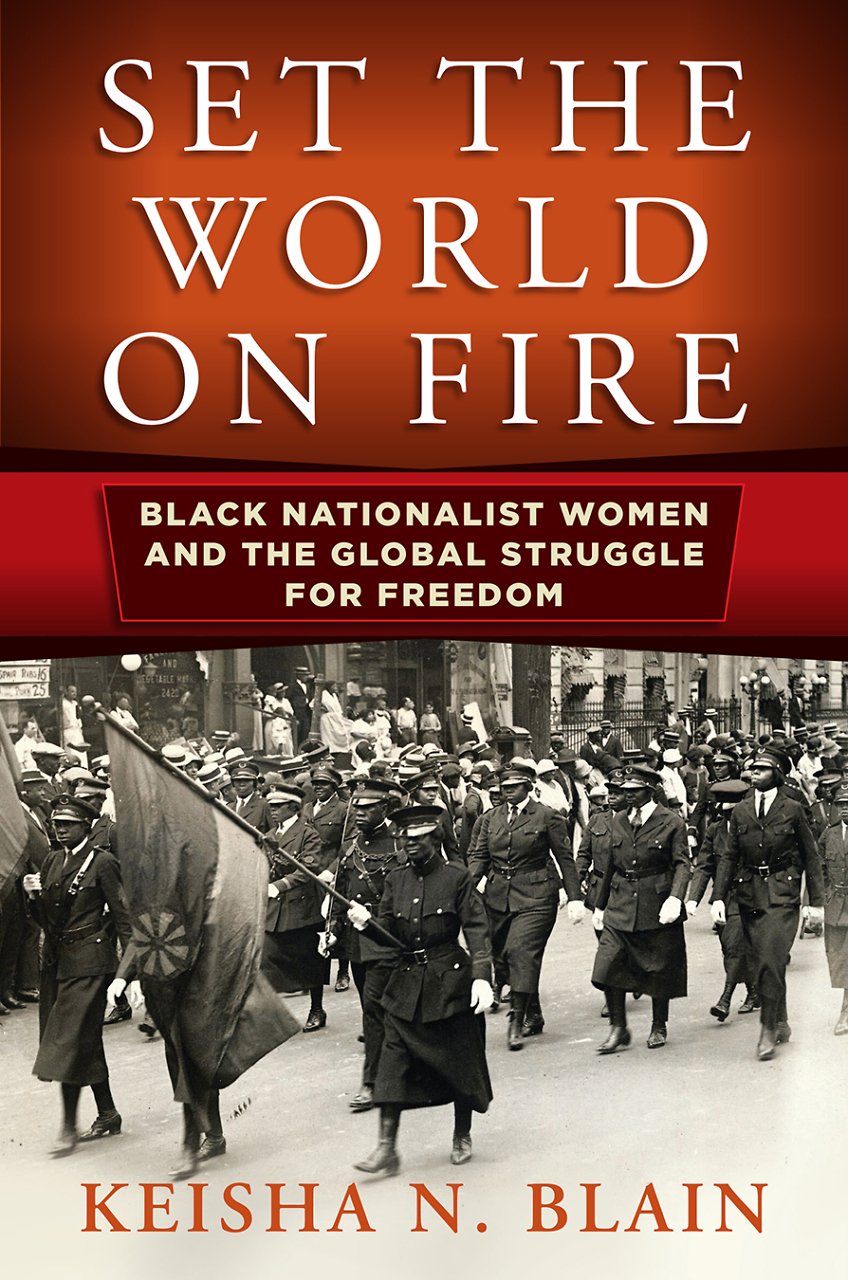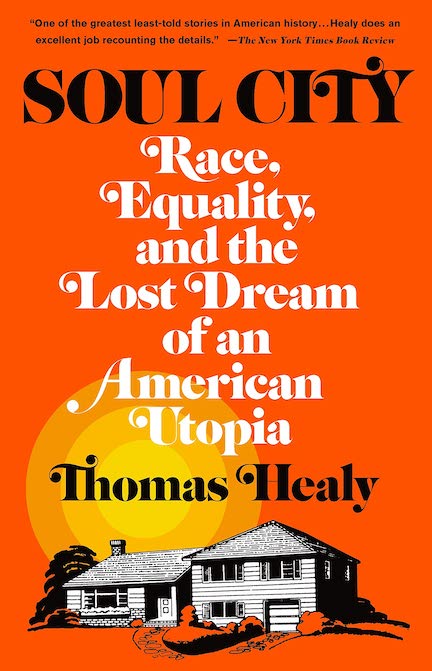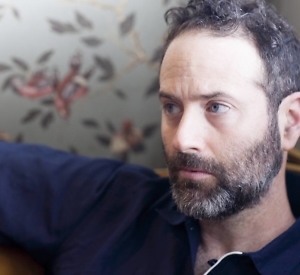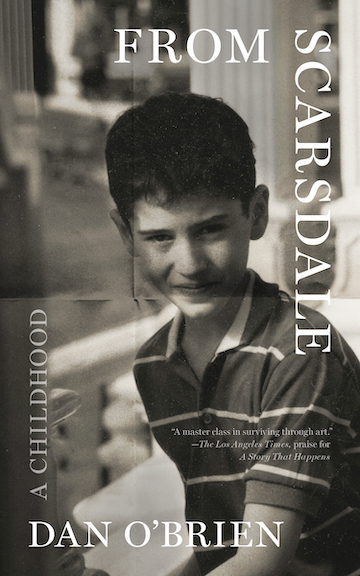Close to the Bone
Pulitzer Prize-winner Claudia Emerson talks about writing deeply personal poems
Late Wife, the collection that brought Claudia Emerson the 2006 Pulitzer Prize for Poetry, takes divorce and remarriage as its principal subject, and the poems are obviously drawn from Emerson’s own life. Even in the hands of a gifted poet, an extended examination of the ordinary pain of changing partners is apt to be dreary with bitterness or self-justification, but in Late Wife, Emerson never lets her ego intrude on her lyrical voice. With graceful language and unexpectedly beautiful imagery, she captures the confusion and devastating sadness that accompanies the death of a marriage, as in “A Bird in the House”:
I thought that could be what it was
to die, my body gone from you,
my voice, even my face, if alone
in a quiet room you tried to recall it.
A Virginia native, Emerson published two collections prior to Late Wife—Pinion: An Elegy and Pharaoh, Pharaoh—both of which are focused on the characters and culture of the rural South. Figure Studies, published in 2008, explores the power of gender roles, how they are inculcated, and how they affect women’s lives. Writing in The New Criterion, William Logan observed that these poems “thrive in an oddly narrow register between regret and paralysis, as if the duties we owe the past were enough to kill us.”
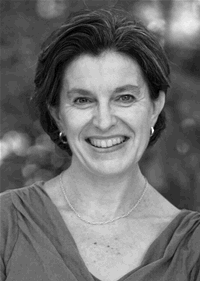 Emerson is a professor at Mary Washington College in Fredericksburg, Virginia. She answered questions from Chapter 16 by email prior to her reading in Knoxville on September 27.
Emerson is a professor at Mary Washington College in Fredericksburg, Virginia. She answered questions from Chapter 16 by email prior to her reading in Knoxville on September 27.
Chapter 16: Who were the first poets you admired? Is there a poem that has served as a creative touchstone for you in your own work?
Emerson: Early favorites include Robert Frost, Emily Dickinson, Edwin Arlington Robinson, and Edna St. Vincent Millay. I have always loved the natural world, so Frost was a very important poet for me to read—and continues to be. While I don’t think my work is anything like hers, I have admired Emily Dickinson’s work through every phase of my writing life.
My earlier writing ambitions included many efforts at fiction, so some very important influences were prose writers—Flannery O’Connor, Marilynne Robinson, Eudora Welty, and Alice Walker, among the many I admire. I’m a huge fan of William Faulkner.
Chapter 16: What’s your approach to form? In the process of writing, when do you consider the issue of form?
Emerson: Since I have tended toward expanded forms, working with linked poems in a narrative, or in lyric sequence, I will often be attracted to a particular form early on in the process—and then stick with it for the sake of the sequence. I tend to favor a loose iambic line, however, no matter the stanza pattern.
Chapter 16: You’ve spent so much of your life in Virginia—do you think of your work as rooted in that landscape?
Emerson: Very much so, though I realize that Southern rural landscapes share much with rural landscapes everywhere. The closeness of people to the land, its creatures, the character of the weather, the composition of a small town—all have figured prominently in my thinking about this world. The particular rural landscape of Pittsylvania County, Virginia, has an understated beauty, a tiredness almost in the fields that have been defined by tobacco, soybeans, and cows—small farms, a centuries’ old way of life, all now threatened by the possibility of uranium mining. The richest vein of uranium in the United States is beneath my home county.
Chapter 16: The poems in Late Wife are so clearly personal and seem like a real departure from your previous collections. Did it take courage to put such intimate work out there for public consumption? Is it more difficult to craft poetry that is so close to your own life?
Emerson: Yes, they were a very real departure for me. Though I have used the first person extensively, I had not worked from the intensely personal subjects that presented themselves to me in Late Wife. I learned the valuable distinction between the personal and the private, so I never thought of the book as a “tell all” or anything close. I tried to exercise a great deal of emotional and formal restraint in the drafting of the poems. The difficulty for me lay in being emotionally true to my life and experiences—and still making good poetry. In Figure Studies, the book that follows Late Wife, I disallowed myself the first person singular altogether, writing in third person or in the first person plural, all poems from the “outside in” (under the influence of Robinson here), and far more from the imagination—much, much easier!
Chapter 16: What do you tell your students about mining their own lives for material?
Emerson: I call it writing “close to the bone,” and there’s a great deal of risk in it, though the process of making one’s painful experiences into art has been proven cathartic and healing, no matter the end artistic result. We don’t choose our writing obsessions; they often choose us, and if students are compelled to write from the personal, I try to help shepherd them through the process, recommending poetry that can serve as successful models, and offering advice resulting from my own experience.
Chapter 16: Your last collection, Figure Studies, seems to take on issues of gender in a pretty direct way. Did you conceive the poems as a commentary on gender? Are you comfortable with having the label “feminist” applied to poetry?
Emerson: I did indeed intend the poems to take on the “schooling” of women, and women’s resistance to it. I chose deliberately to cast the girls as a group, a well-behaved “hive,” if you will—at the known risk. Other parts of the book focus on women who simply opt out of any such community, the kinds of cat ladies and hoarders behind many town’s closed doors.
As for my comfort with “feminist” as a label for these poems, I have to be comfortable with it to a degree; realizing that I don’t have any choice anyway, why not accept it as a very real possibility? But I would hope such categorizing isn’t a quick way of pigeonholing (and possibly dismissing) any kind of work. I am one who resists saying, for one example, that Mary Oliver is a “nature” poet. Certainly she writes a great deal from the natural world’s inspirations, but she’s far more complex than one such label implies.
Chapter 16: Are you still writing and performing music with your husband, Kent Ippolito? How does writing songs differ from writing poetry? Is there a particular piece or type of music that inspires your writing?
Emerson: Kent and I do write and perform together—and plan to do a song at my reading in Knoxville! Writing poetry and composing songs and lyrics are, for me, dramatically different endeavors. For one thing, we collaborate on every part of a song, and I write my poetry in complete solitude. I will “steal” from my poems and then create a very different song, and that’s been an interesting intersection.
Chapter 16: What’s your focus at the moment? Are you working on a new collection?
Emerson: I am finishing a collection called Secure the Shadow, and the poems are again personal for me. I lost my brother (and only sibling) too young to cancer, and my father died from old age around the same time—so the poems are either directly on or around those subjects.
Claudia Emerson will give a reading and discuss her work on September 27 at 7 pm. at the University of Tennessee Library in Knoxville.
